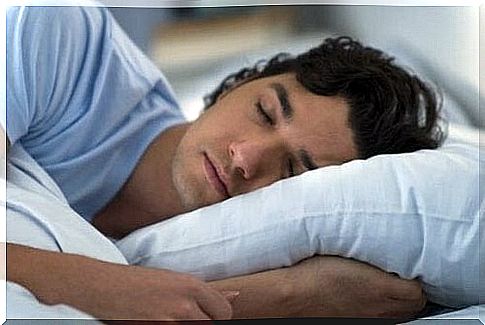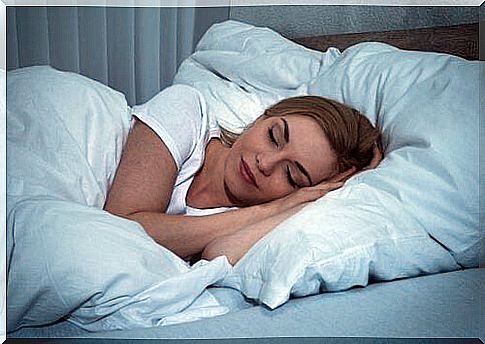Why Is It Necessary To Sleep?

In general, sleep seems to be necessary for human functioning. The body needs a period of rest and relaxation in order to revitalize itself.
However, various arguments suggest that this explanation is not complete. For example, the majority of people sleep between eight and nine hours a night. However, there is great variability between people. Some only need three hours of sleep.
Sleep conditions also vary over the course of a person’s life. As people get older, they need less sleep.
If the function of the latter is to restore the body, it is difficult to understand why older people need less sleep than younger people.
On the other hand, people who participated in sleep deprivation experiments did not show lasting effects. These experiments consist of keeping them awake for periods of up to 200 hours without sleep.
People subjected to these experiences experience fatigue, lack of concentration, irritability, decreased creativity, and tend to have their hands shaking while being kept awake. However, when they are allowed to sleep, they quickly return to their normal state.

Sleep is a biological need
Sleep is a biological need that helps restore physical and psychological functions essential for good performance. Sleep and wakefulness are brain functions and are subject to alterations in the nervous system.
During sleep hormonal, biochemical, metabolic and temperature changes occur . All these changes are necessary for the proper functioning of the human being during the day.
Researchers have found that sleep is vital for us to learn. It is intimately linked to nature’s time map and has critical health transcendence. However, it is not yet known exactly what its function is.
The most accepted research links sleep to the repair of body tissue and the conservation and recovery of energy. In addition, they relate it to the consolidation and maintenance of memory. While sleeping, our brain “repairs itself”. It’s like we’re taking it to the garage.
Why are we sleeping?
There are two mechanisms or processes that are responsible for sleep. The “S” process is determined by the person’s previous sleep and wake history. It manifests as a greater propensity to sleep after sleep deprivation. It’s a bit like accumulating debt.
The “C” process is controlled by the endogenous biological clock and is independent of the waking and sleeping history. We tend to sleep during the drop in body temperature phase. This constitutes the first part of the night. We then wake up when the temperature rises (second part of the night).

What Happens When We Are Not Sleeping?
Waking, slow sleep and fast sleep must go smoothly to ensure a person’s good state of health. The impact of sleep deprivation is powerful. It does not only have repercussions on the physical level: it also affects the psychological domain.
Here are some of the effects of sleep deprivation:
- Memory alterations
- Irritability
- Anxiety
- Depression
- Symptoms similar to attention deficit
- Impaired immune system
- Decreased ability to react on time and accurately
- Poor manual coordination
- Tremors
- Risk of obesity
- Increased heart rate variability
- Risk of heart attack
- Neurological alterations
- Epileptic attacks
As we see, sleeping seems necessary. At least, it’s clear that if we don’t, we will run into a lot of problems.
The beneficial effects of sleep
In addition to being a great pleasure for many people, sleeping well has positive effects on our body. Some specialists consider that there are six beneficial effects.
- Sleeping improves memory. According to different research, taking a 90-minute nap helps to fix memories and skill.
- By sleeping, we protect our heart. People who sleep little or poorly are three times more likely to suffer from heart failure.
- Depression can be reduced by sleeping. When we sleep, we relax. This facilitates the production of serotonin, which fights the effects of the stress hormone. Therefore, it helps us to be happier.
- We are healthier. Sleep time is used to regenerate our immune system. This way we can fight toxins and beat infections.
- Sleeping helps you lose weight. Lack of sleep causes adipocytes or fat cells to release less leptin, the hormone that suppresses appetite.
- We improve our creativity. If the brain is rested, memory is functioning perfectly. Our imaginative capacity is therefore greater, which facilitates creativity.

It is therefore obvious that the benefits of sleep (especially if it is of good quality) are numerous and important. Moreover, lack of sleep has negative consequences which, in the long run, can be extremely harmful.










